Accordingly, the patient in the case is Mr. TCL (born in 1974, residing in Dong Thanh commune, Hoc Mon district, Ho Chi Minh City), was admitted to the hospital in a state of drowsiness, pale mucous membranes, low blood pressure, extensive skin abrasions on the right chest and abdomen, and peeling skin on the left calf. A quick ultrasound at the bedside detected a large amount of free abdominal fluid, thought to be blood, and free gas in the abdomen.
The male patient was intubated, given mechanical ventilation, fluid replacement, emergency blood transfusion, and vasopressor drugs to control blood pressure. The patient then underwent an emergency chest-abdomen-cranial CT scan to confirm the diagnosis and urgently activated the in-hospital “red alert” procedure. The hospital mobilized many doctors from many departments to both resuscitate during surgery and perform surgery to stop bleeding and treat injuries.
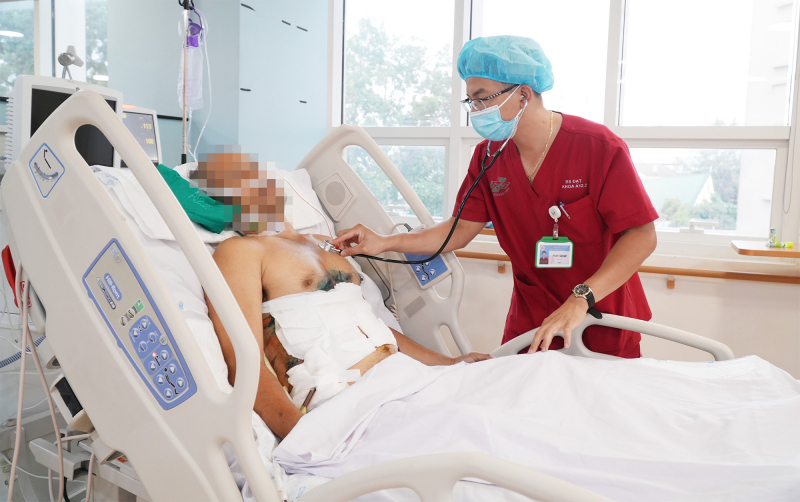
The patient is out of danger and is still under special monitoring.
Master, BSCK1 Nguyen Van Manh, Department of Abdominal Surgery, in charge of the surgery, said: “This is a particularly severe case of multiple organ rupture trauma that required both resuscitation and surgery. The biggest challenge is to quickly control the patient's bleeding and blood loss, then to handle many complex organ injuries (in the liver, kidney, pancreas), especially having to perform pancreaticoduodenal resection in an emergency situation.”
After more than 6 hours of surgery, the patient was transfused with more than 5 liters of blood and blood products, and 2 types of high-dose vasopressors were used to control blood pressure. The patient was then transferred to the Department of Surgical Intensive Care for further monitoring and treatment.
Here, the patient continues to be sedated, mechanically ventilated, uses strong antibiotics in combination, maintains vasopressors, hemostatic drugs, continues to compensate for blood and blood products in proportion, screens and treats coagulation disorders, acid-base disorders, keeps warm to avoid hypothermia, and closely monitors secondary bleeding in the abdomen.
Currently, the patient has overcome the critical stage and is still being specially monitored at the Department of Intensive Care Surgery, to prevent infectious complications and practice feeding through a tube to restore digestive circulation.
Source




![[Photo] Many young people patiently lined up under the hot sun to receive a special supplement from Nhan Dan Newspaper.](https://vphoto.vietnam.vn/thumb/1200x675/vietnam/resource/IMAGE/2025/5/18/6f19d322f9364f0ebb6fbfe9377842d3)
![[Photo] Party and State leaders attend the special art program "You are Ho Chi Minh"](https://vphoto.vietnam.vn/thumb/1200x675/vietnam/resource/IMAGE/2025/5/18/6895913f94fd4c51aa4564ab14c3f250)
![[Photo] Ready for the top competitions of Vietnamese table tennis](https://vphoto.vietnam.vn/thumb/1200x675/vietnam/resource/IMAGE/2025/5/18/9c547c497c5a4ade8f98c8e7d44f5a41)



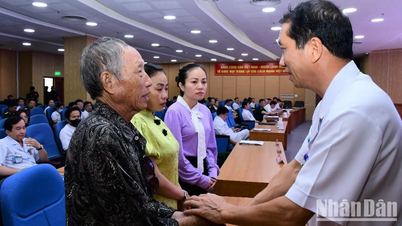
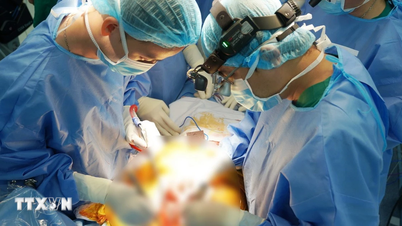





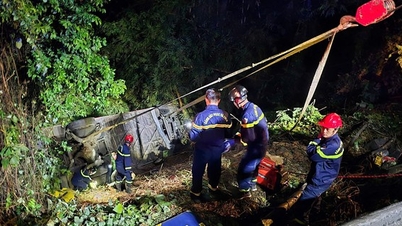






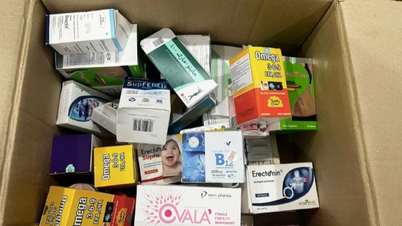























































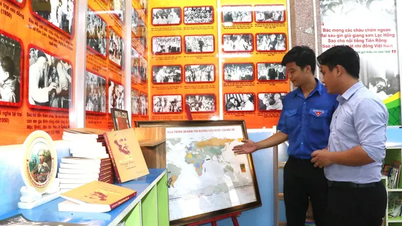
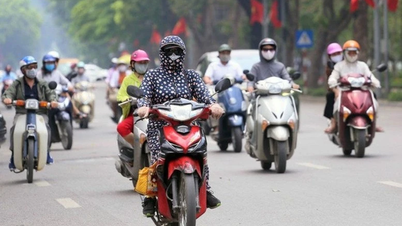

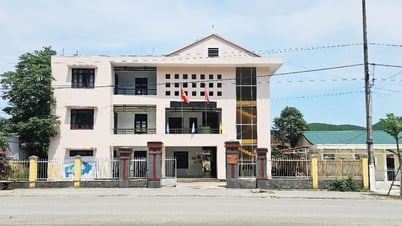



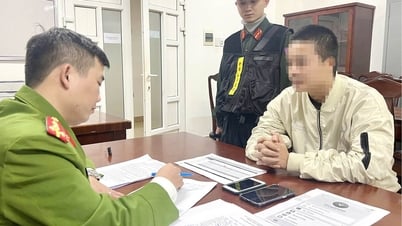











Comment (0)